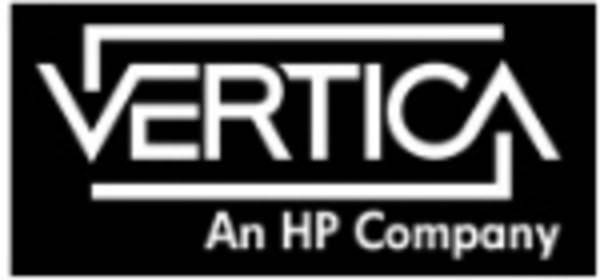So you want to buy a tractor? Build a house? Scrabble? So do the more than 62 million other gamers who play Farmville daily. That’s why keeping its communities humming 24 hours a day, seven days a week, and responding to issues in real-time is no game for Zynga.

To get the job done, the company turned to Vertica, which is now owned by HP. Says Ken Rudin, VP of Analytcs at Zynga: “With over 40 million players, 3TB of new data a day and 230 nodes spread across two clusters, Zynga’s columnar data warehouse from Vertica is no analytical windup toy.”
Jacquelyn Gavron is a Brooklyn,
NY-based freelancer who specializes in usability and content for mobile and online apps. Previously, she was Content Manager for Citi Mobile and Executive Editor at PC Magazine. She can be reached at [email protected].
That’s for sure. The moment data hits Vertica, Rudin’s team can observe what’s going on in a game, then optimize the experience as fast as you can say Farmville. If performance dips during spikes in usage, analysts can add nodes on-the-fly– a feature known as “elastic computing”–and remove them just as quickly when activity levels out.
Squeezing BIG Data
As Rudin mentioned, unlike traditional RDBMS systems, Vertica stores data in columns instead of rows. (So do other data warehouses including AsterData and ParAccel).
Data stored in columns can be more tightly compressed – 10:1 in the case of Vertica. “We can reduce 10 terabytes of data to 1 terabyte,” says Mingsheng Hong, Technical Marketing Specialist at Vertica. This can be critical as the size of data sets shifts from terabyte to petabytes.
In addition, Vertica can operate on this compressed data, which improves performance by reducing CPU, memory and disk I/O at processing time, according to the company’s web site. Traditional RDBMS systems, in turn, can’t work with compressed data–it’s got to be extracted first.
Who Would Guess?
Hong also claims that Vertica’s performance is 50x to 100x faster than traditional RDBMS systems. Michael Relich, CIO of Guess Inc., agrees.
“We have 520 stores and buyers go there to check inventory using their iPads,” says Relich. “Batch loads took six to seven hours with Oracle, and data wasn’t ready for buyers in the morning.”
“We looked at a competitive hardware solution but were attracted by commodity (x86) hardware approach,” adds Relich. “Queries that took hours were reduced to minutes. Those that took minutes were reduce to seconds.” As a result, “Guess will be rolling out Vertica to its South Korean operations, says Relich.
Note: Vertica offers an SDK to write custom methods for analyzing data directly in its database.
Other stories of interest:

















